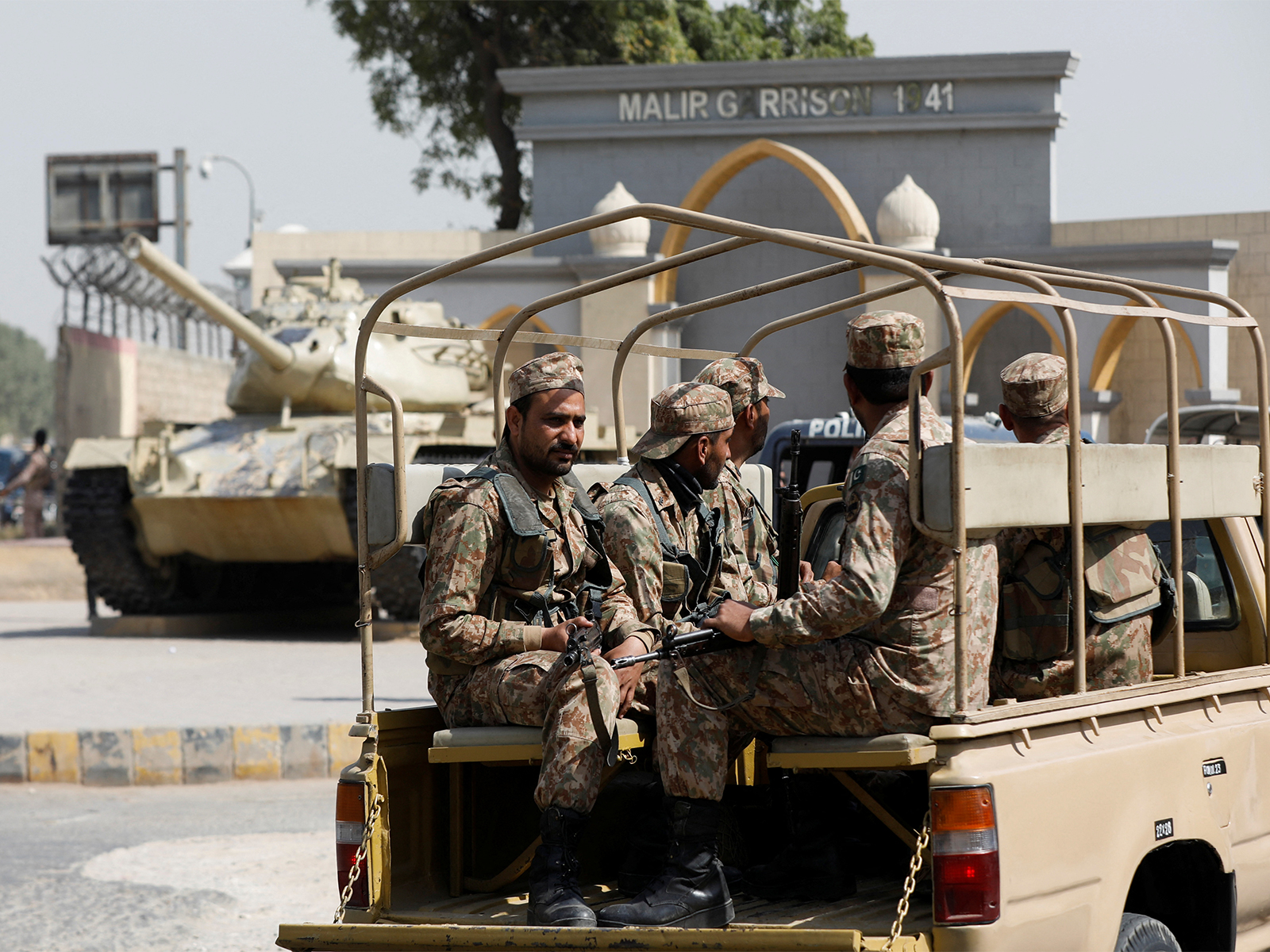Pakistan's Counterterrorism Claims Under Scrutiny Amid Persistent Terror Networks
Despite assuming the chair of an anti-terror body, Pakistan's ongoing support for terror groups contradicts its regional commitments, risking international reputation. Analyst Siddhant Kishore highlights persistent militant networks, evolving funding methods, and symbolic counterterror efforts that fail to eradicate terrorism within its borders.

- Country:
- United States
Pakistan's role as a counterterrorism leader came under intense scrutiny this month. Analysts point to the nation's persistent support for terrorist groups, which is at odds with its recently acquired leadership of a regional anti-terror body. Concerns are mounting that Pakistan's actions do not match the rhetoric.
Siddhant Kishore, a notable national security expert, argues that Pakistan's enduring terror ecosystem contradicts claims of regional stability efforts. He cites the continued operations and strategic purposes of groups like Jaish-e-Mohammad and Lashkar-e-Taiba, despite international pressure and India's retaliatory strikes targeting these organizations.
The complexity deepens as terror groups adapt their fundraising to digital methods, which evade Pakistan's claimed regulatory efforts. Rising digital financing reveals a resilient terror network untouched by superficial counterterror policies. Meanwhile, evolving generational leadership within these groups marks a worrying trend for regional stability.
ALSO READ
-
Ceasefire Gains Ground: Pakistan and Afghanistan Navigate Fragile Peace
-
Historic Ceasefire Pact: Pakistan and Afghanistan's Commitment to Peace
-
India and Australia Strengthen Ties in Counterterrorism Efforts
-
Security Forces Vow to Thwart Terrorism in Chenab Valley
-
Pakistan's Pursuit of Peace: Army Chief Munir's Firm Stance on Cross-Border Terrorism









